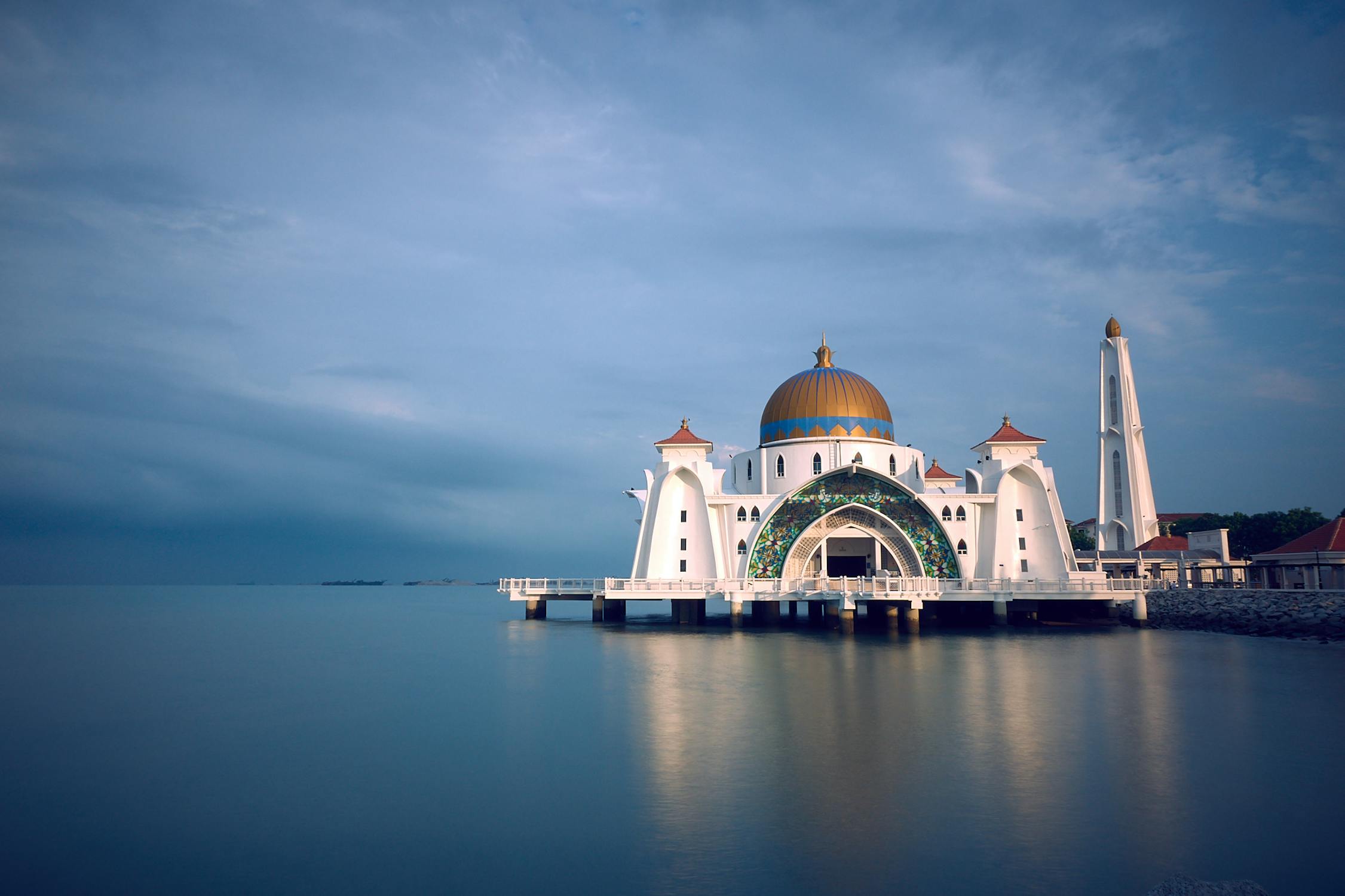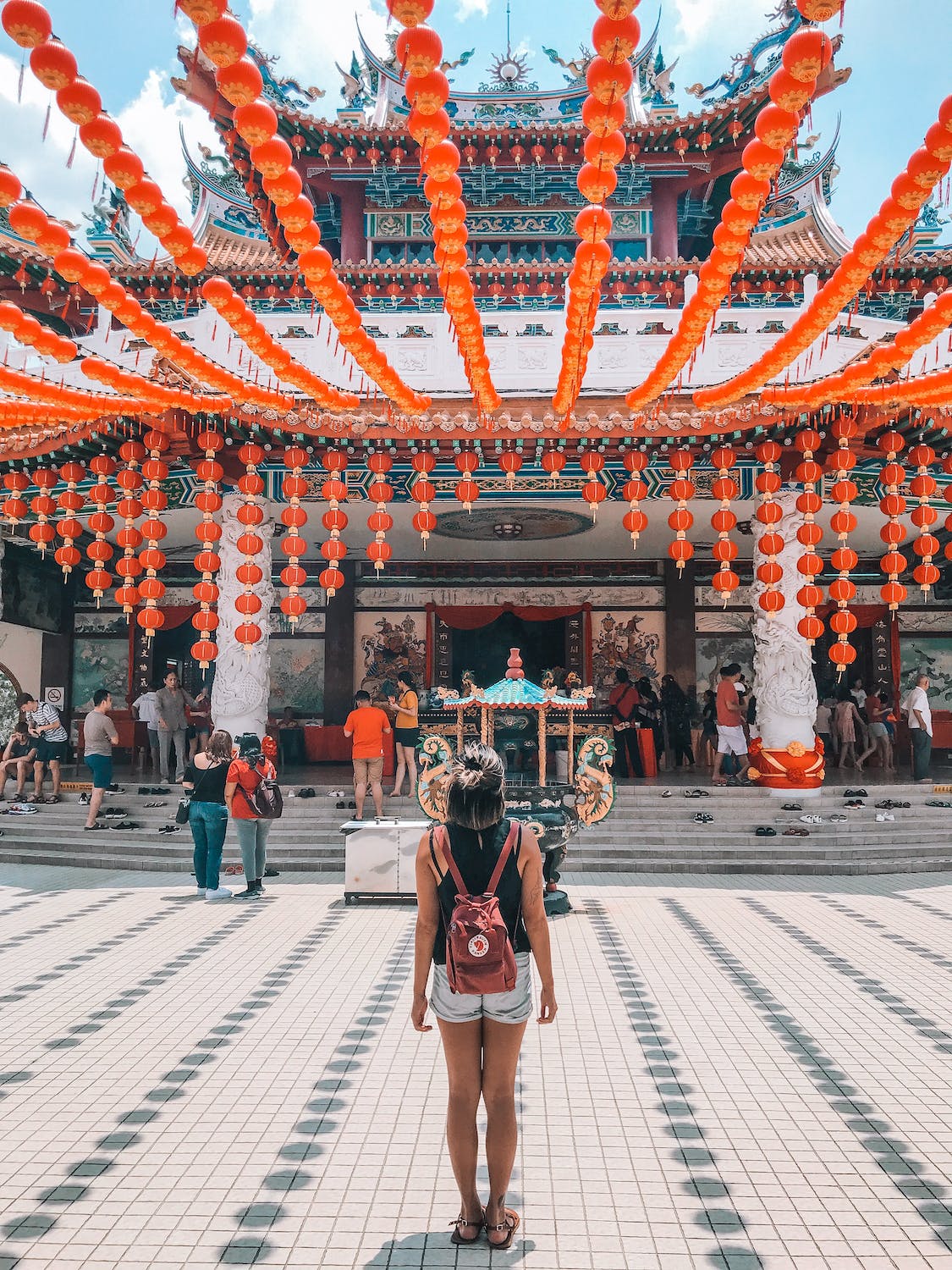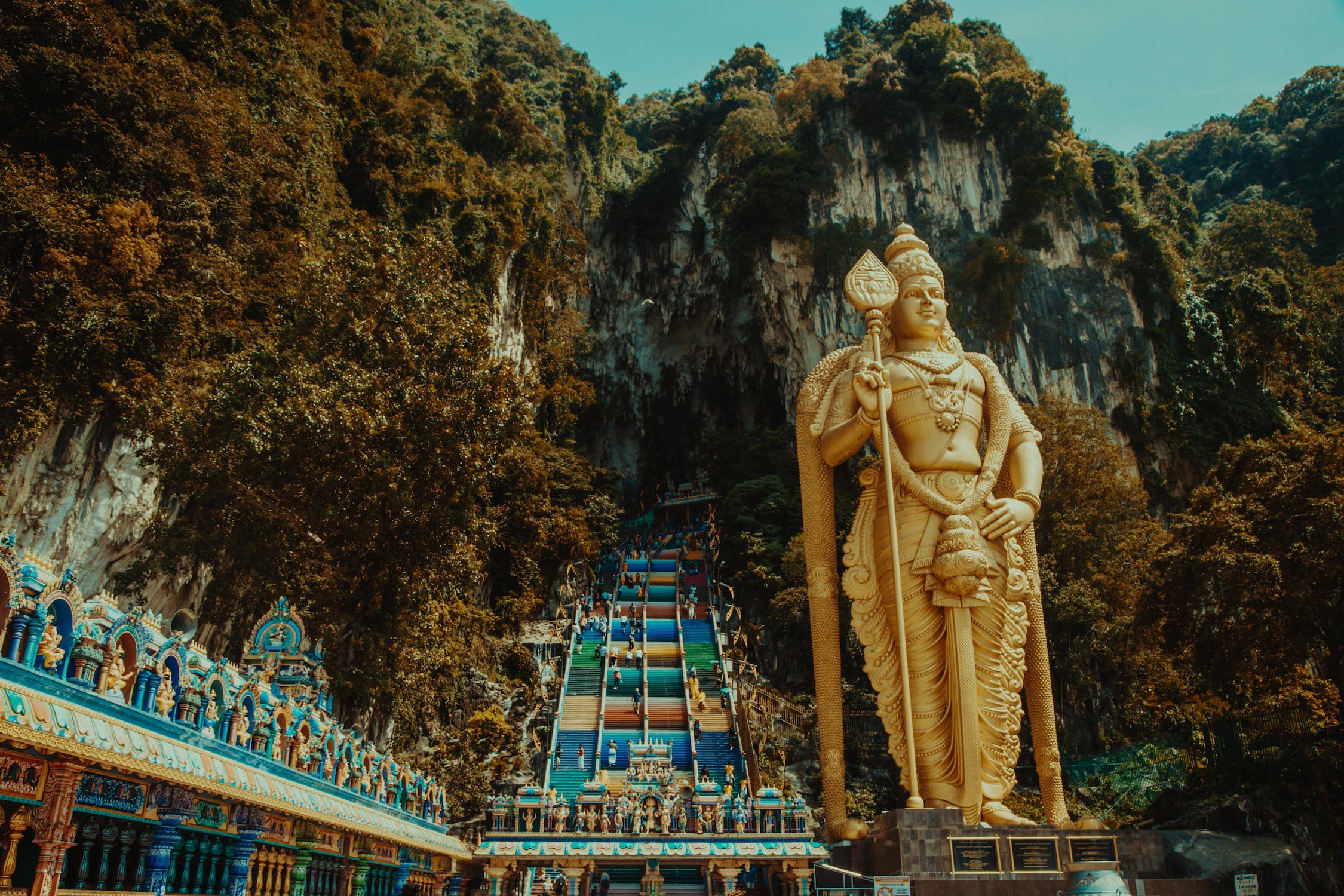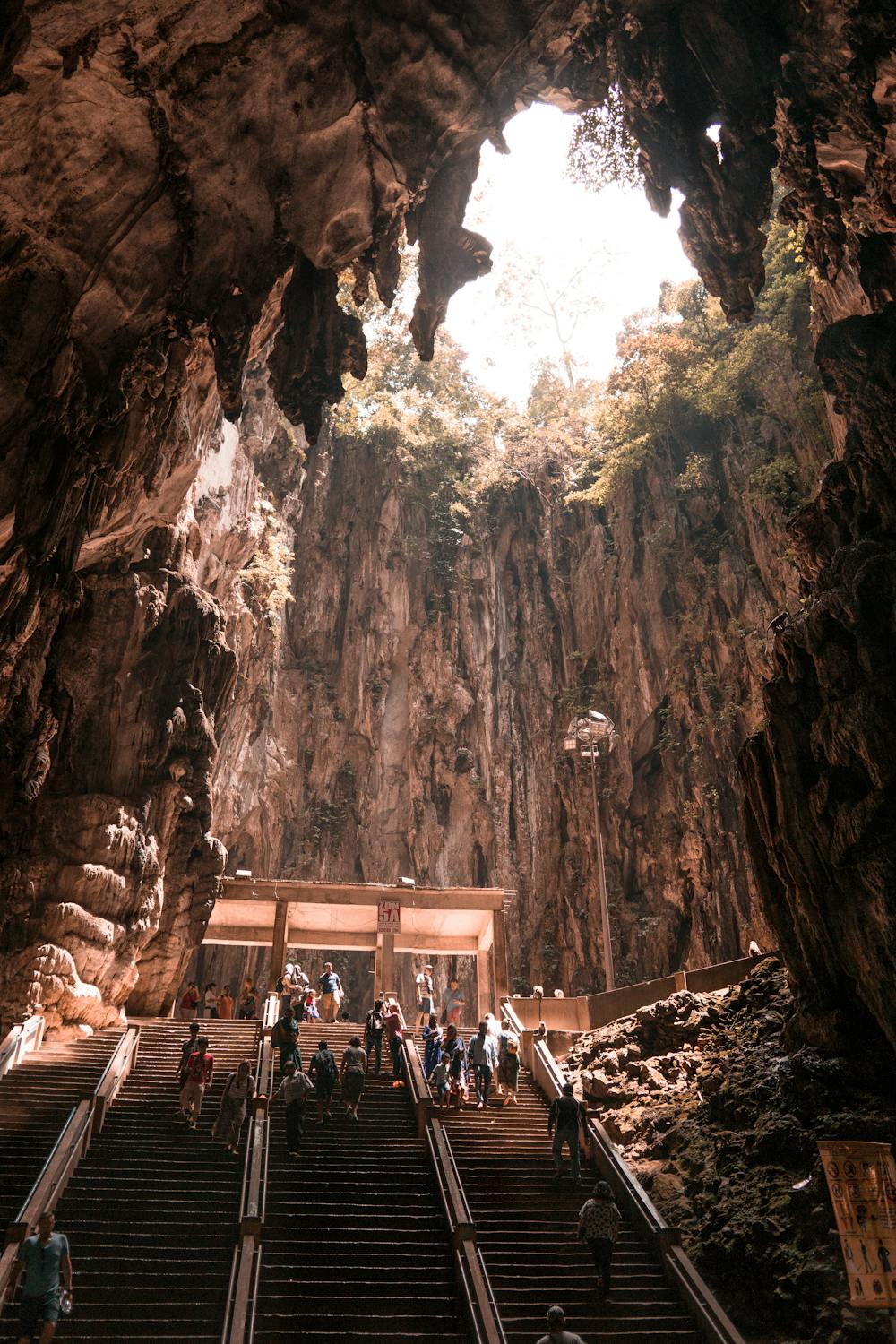Malaysia
Culture & History of Malaysia





Malaysia's rich culture and history are steeped in a tapestry woven from its diverse ethnic groups, primarily the Malays, Chinese, and Indians, along with numerous indigenous peoples. This multicultural nation, with roots dating back to the early Malay kingdoms of the 1st century AD, has been a crossroads of trade and cultural exchange for centuries, influenced by the Hindu-Buddhist Srivijaya and Majapahit empires, followed by Islamic sultanates.
The arrival of European colonial powers, starting with the Portuguese in 1511, followed by the Dutch and the British, added new layers to Malaysia's cultural mosaic. The British established their influence in the Malay Peninsula, which led to significant economic development, and the formation of modern Malaysia's boundaries.
Post World War II saw the rise of nationalism, culminating in independence from British rule in 1957. Malaysia was formed in 1963, uniting Malaya, North Borneo, Sarawak, and Singapore (which later separated). This period marked a new chapter in the nation's history, as it embarked on a journey towards becoming a modern, diverse, and economically dynamic country.
Malaysia's culture is a vibrant blend of traditions, festivals, and cuisines, reflecting its varied ethnic heritage. Traditional arts like batik, weaving, and wood carving coexist with modern architecture and technology. Today, Malaysia stands as a testament to the harmony that can be achieved amidst diversity, a nation proud of its historical journey and cultural richness.